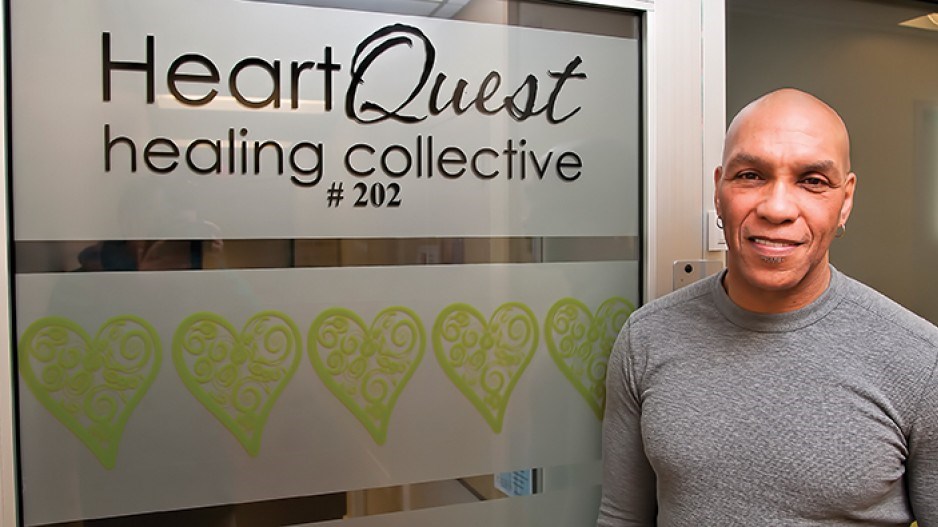Substance abuse and addiction costs the Canadian economy $24.3 billion annually in lost productivity, according to the Canadian Centre on Substance Abuse.
And in any given year, one in five Canadians will experience a mental health or addiction problem, Statistics Canada has found.
Cory Wint, chief executive officer of HeartQuest Addiction Wellness Centre, which has clients all over the Lower Mainland, including Surrey, said workers’ problems with drugs and alcohol have brought many companies to him looking for answers.
“As far as we’re concerned, every company has to have a drug and alcohol policy as part of their human resources policy,” said Wint, who has worked with the City of Surrey on the issue of treating workplace addiction.
Wint said many companies have adopted the strategy of medical monitoring, in which employees who have gone through work-sponsored treatment for substance abuse problems agree to random drug and alcohol testing for up to two years after they’ve completed the program.
“This is especially important when it comes to safety-sensitive positions – positions where the person can get hurt or someone else could get hurt,” Wint added. “You just have to have these policies in place. Because if addiction is present in the workforce, then people get hurt. People can die, people can lose limbs.”
In 2004 the federal government passed Bill C-45, which put in place new legal obligations for guaranteeing workplace health and safety, and imposed penalties for violations causing injuries or death. Wint said Bill C-45 was the start of what became a slow-moving cultural change, in which employers were no longer able to sweep their employees’ drug and alcohol abuse issues under the rug for fear of legal repercussions.
“The tendency for the individual is to hide it up until a point,” Wint said. “But I think the onus is also on the co-worker and management. And we always see these things, and it’s usually after we say, ‘Yeah I knew something was wrong, we could smell alcohol on his breath.’ There’s this hindsight reflection, and what I always say to companies that we’re training is ‘You’re essentially watching someone kill themselves when you don’t say anything.’”
In 2006 Seaspan ULC, an association of Canadian companies involved in coastal and deep-sea transportation, bunkering, ship repair and shipbuilding services in western North America, decided to tackle workplace addiction. The company teamed up with Cedars at Cobble Hill, a treatment centre on Vancouver Island. They issued an anonymous survey before offering treatment options and educational sessions and creating a supplemental addiction treatment benefit plan for employees.
Kim Skeath, Seaspan ULC’s manager for workplace health and wellness, said it’s brought an uncomfortable issue out in the open for proper discussion.
“For me it’s the prevalence of addiction that people like to ignore,” Skeath said. “Even though we know the stats, we still think of it as the Downtown Eastside or those marginalized populations of people living on the streets. ... And there are all these misconceptions when actually addiction is everywhere. It’s in every line of work, every occupation, it knows no boundaries in respect to socio-economic class.”
Neal Berger, executive director of Cedars at Cobble Hill, said the centre got as many as 100 employees and family members of employees into addiction treatment programs in the first year alone.
“We got so many people with substance abuse issues and mental health disorders into treatment that otherwise wouldn’t have even thought about it,” Berger said. “It became the start of treating it like the real disease that it is for a lot of those people.”
John Volken, who runs the John Volken Academy, an addiction treatment centre that also recently won a Surrey Board of Trade award, said he’s also noticed the shift.
“A lot of the bigger companies, they’re starting to pay for the recovery of their employees,” said Volken, whose academy focuses on men and women aged 19 to 34. “If they’re good employees, if they value them, then they’ll stick with them. A lot of businesses used to just terminate the employees.”




